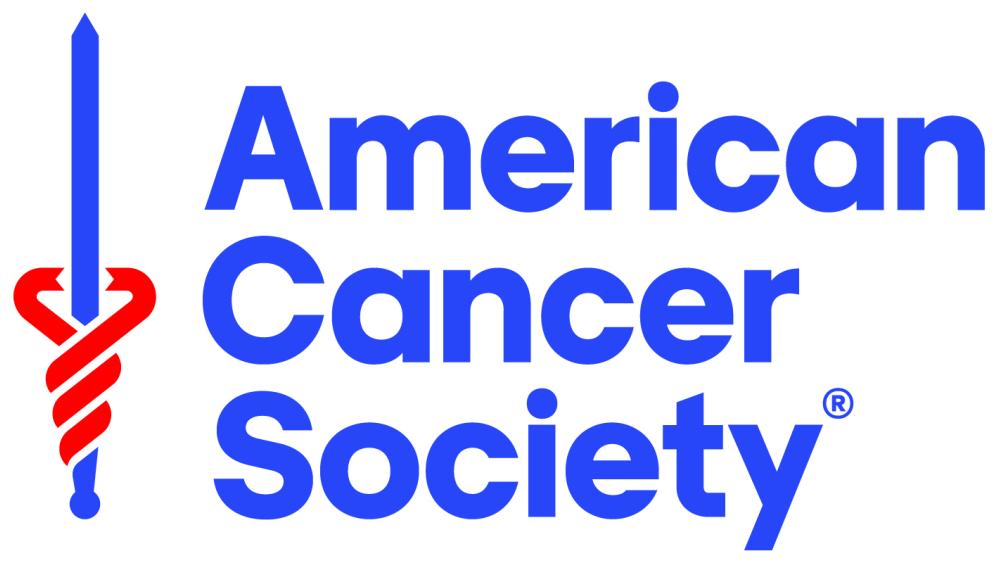




Press Releases
Methodist Health System Receives $60K From the American Cancer Society for Patient Transportation and Lodging
Published: June 8, 2023

To alleviate the financial burden of cancer treatment, the American Cancer Society (ACS) recently awarded a $60,000 transportation ($45,000) and lodging ($15,000) grant to Methodist Health System. The grant is one of 411 grants totaling $8.3 million awarded to health systems nationwide. The funding will allow health systems to provide eligible patients an estimated 577,350 rides to treatment and 24,750 nights of free lodging during treatment.
This is the third year that Methodist was selected for the ACS grant. This is the largest amount of ACS funding Methodist has received for transportation and, new this year, lodging. According to Chandy Lockman Hoke, Methodist’s practice manager for cancer prevention and support services, the sizeable grant illustrates the number of patients near and far who seek cancer care at Methodist Estabrook Cancer Center, Methodist Jennie Edmundson Hospital and Methodist Fremont Health.
“In order to provide the highly specialized and compassionate cancer care that Methodist is known for, patients have to be able to actually get to us,” Lockman Hoke said. “When we remove the stress associated with lack of transportation and hotel costs, we’re allowing patients to focus on what matters most – healing.”
In 2021, ACS funding ($15,000) supported 94 Methodist patients and provided 1,581 one-way rides for treatment. In 2022, ACS funding ($30,000) supported 186 Methodist patients and provided 2,336 one-way rides.
Lack of transportation and proximity to treatment prevents many people from getting quality and timely cancer care, which can worsen outcomes.
- In a study presented at the 2022 American Society of Clinical Oncology (ASCO) Quality Care Symposium, ACS researchers found that 2.8% of cancer survivors reported delays in care due to transportation barriers. Cancer survivors who delayed care due to lack of transportation were more likely to use emergency department services and had the highest risk of all-cause and cancer-specific mortality.
- According to the ACS’s Cancer Treatment and Survivorship Facts & Figures 2022-2024, cancer survivors experience greater financial hardship than the general population for many reasons, including the inability to work. They also have higher out-of-pocket medical costs compared to people without a history of cancer.
“Not having access to high-quality cancer treatment due to where you live absolutely contributes to the disparities we see in cancer outcomes,” said Dr. Arif Kamal, chief patient officer for the American Cancer Society. “It’s important to provide the funding and programming needed to keep a lack of transportation or the cost of a hotel room from impacting survival. The local health systems we partner with across the country use this funding to deliver assistance directly to the patients who need it most.”
The ACS believes all people should have a fair and just opportunity to live longer, healthier cancer-free lives regardless of income, location, skin color, sexual orientation, gender identity or disability status. In addition to providing transportation and lodging funding to health systems, the ACS runs over 30 Hope Lodge facilities – including one in Omaha – that provide a free place to stay during treatment. It also offers a Road To Recovery program that provides free rides to and from treatment.

